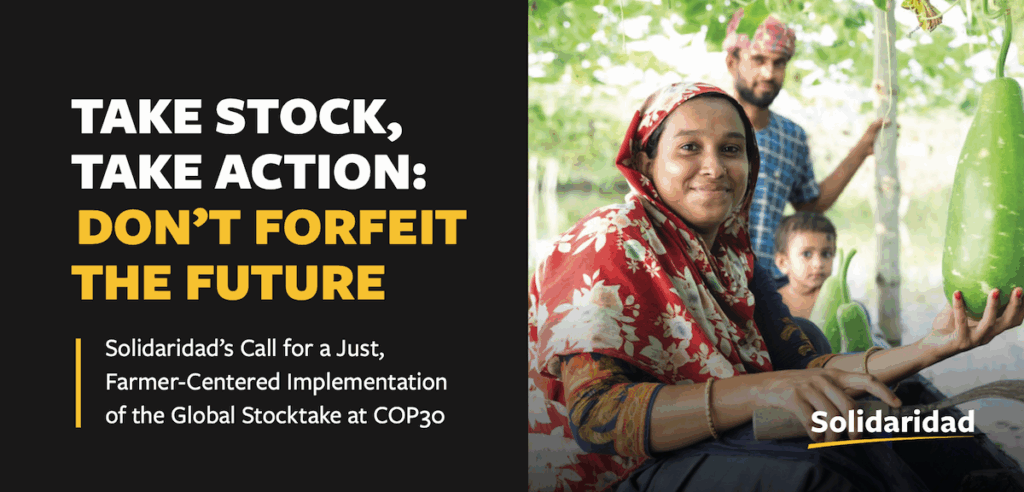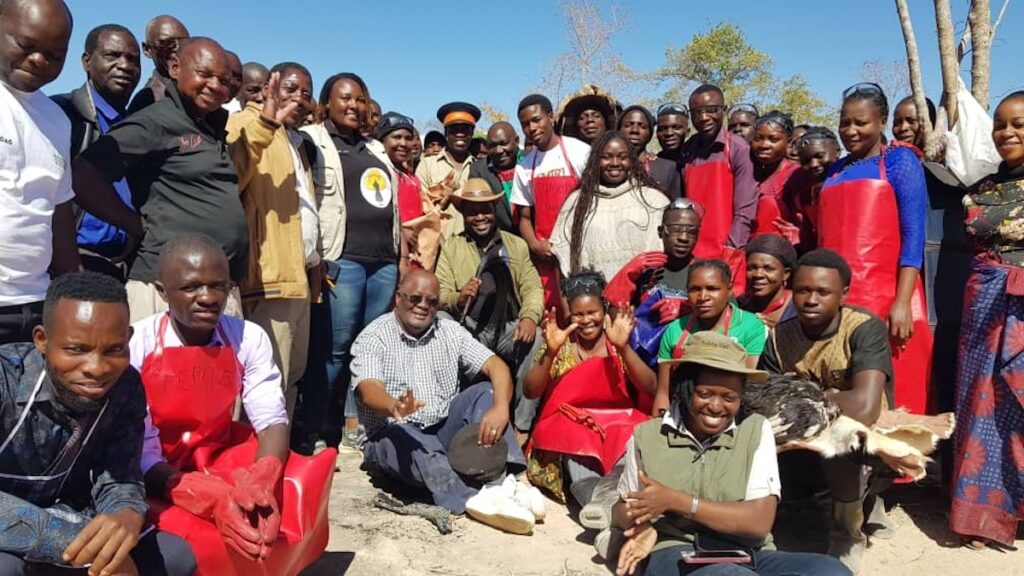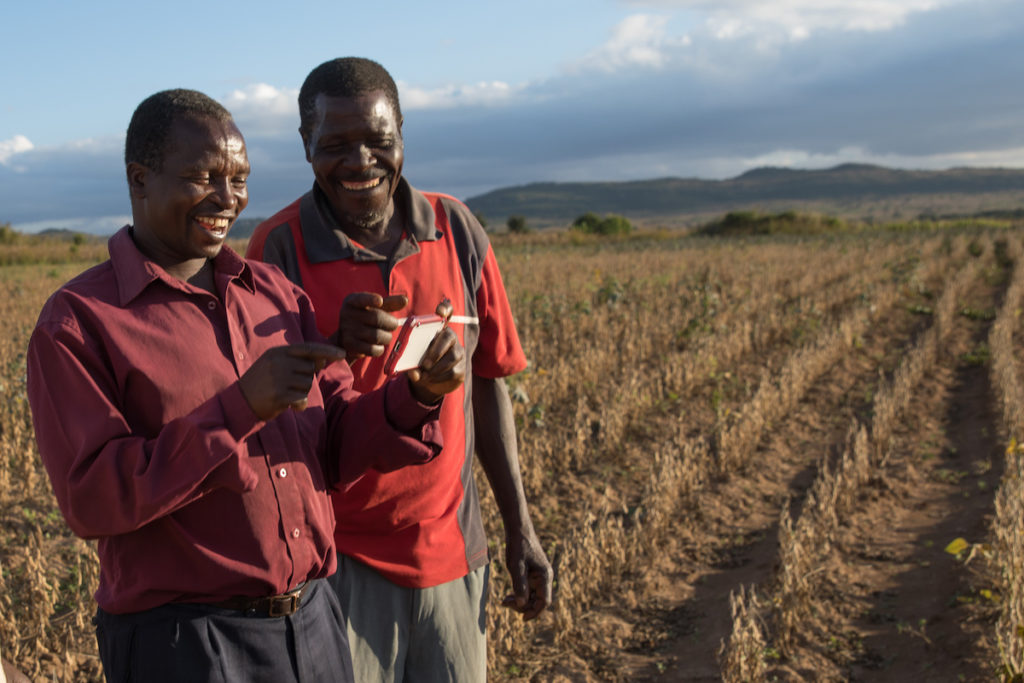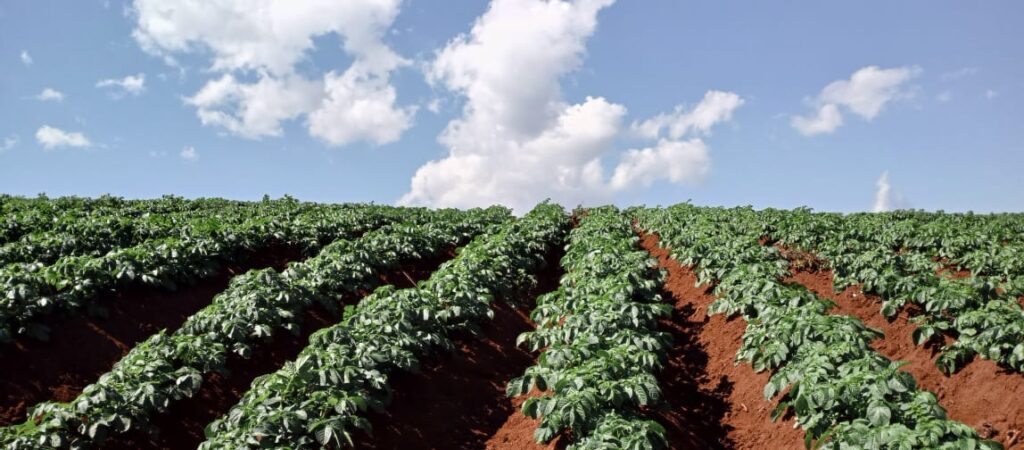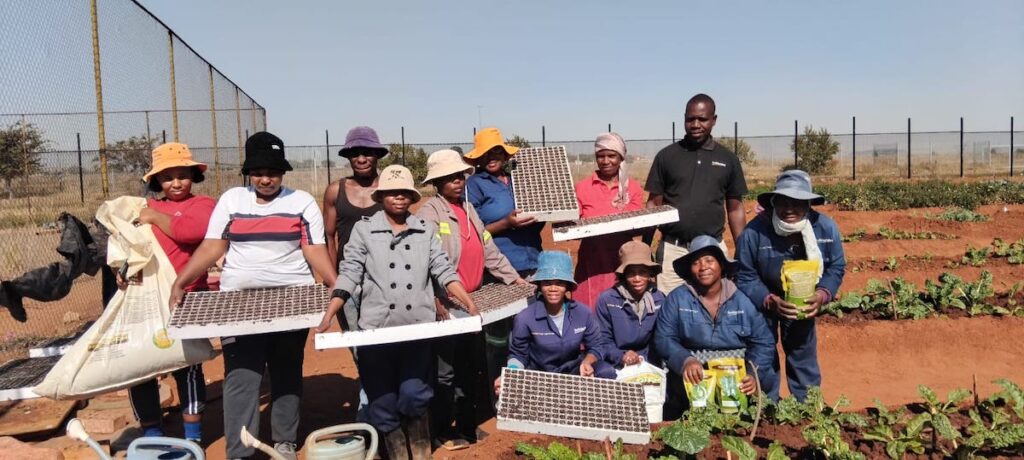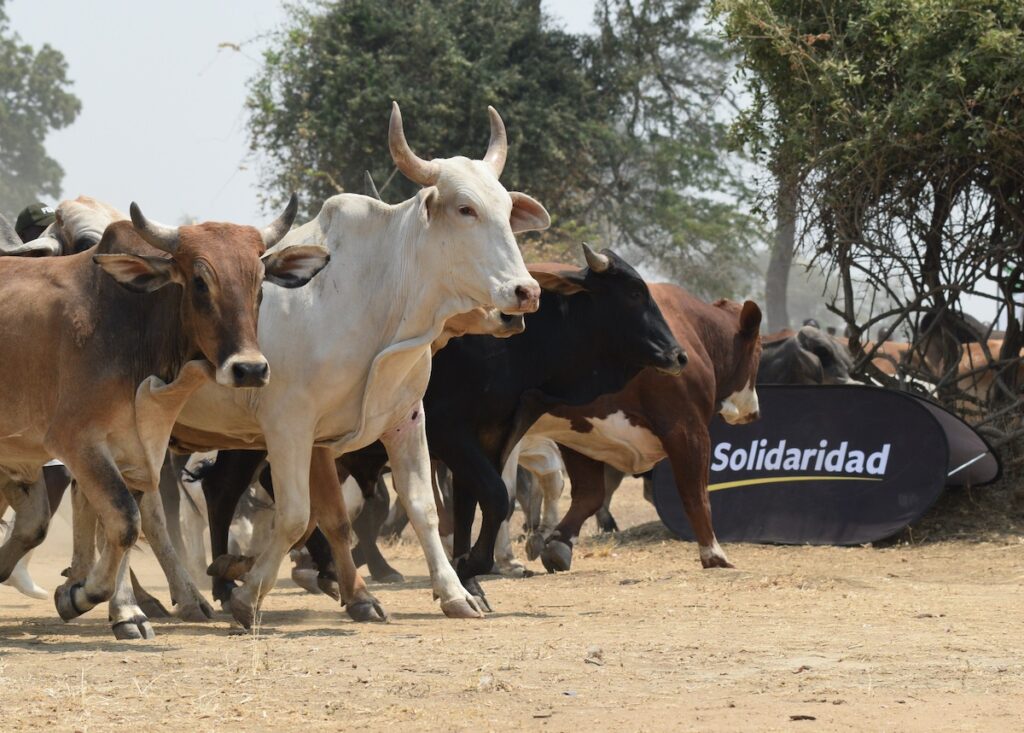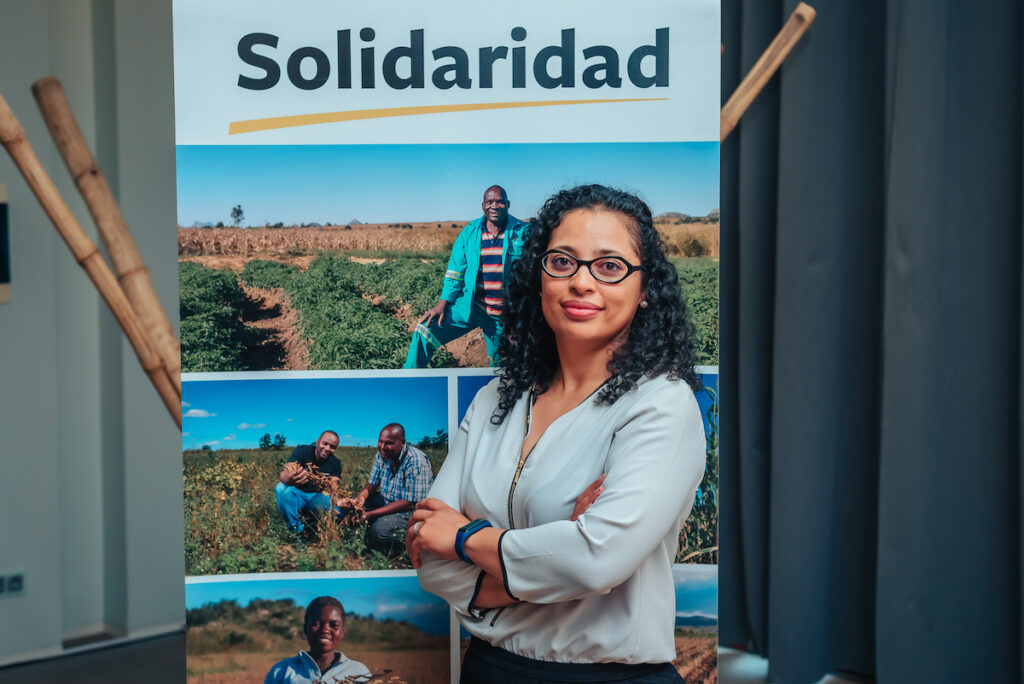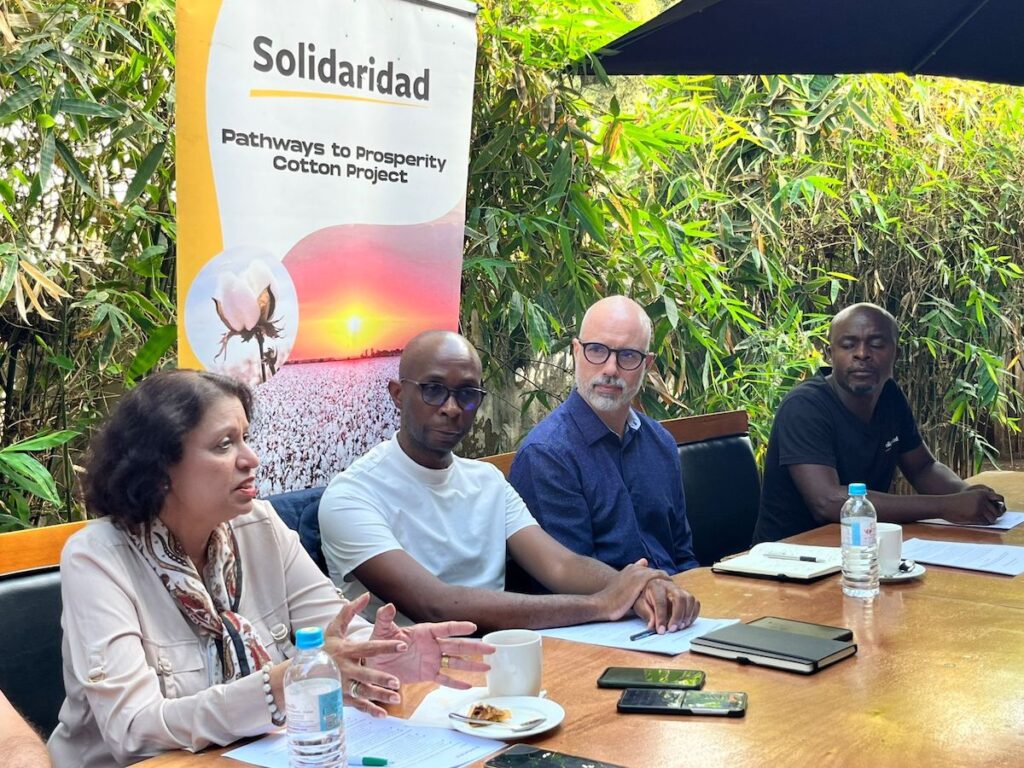Where We Work
Solidaridad manages programmes in Malawi, Mozambique, South Africa, Zambia and Zimbabwe. In Sub-Saharan Africa, more than 218 million people live in extreme poverty, with the majority of the region’s populations living in rural areas and dependent on agriculture for their livelihoods.
Commodities

Challenges
Unsustainable practices
Southern Africa faces economic, climatic and physical challenges, such as variable rainfall combined with unsustainable agricultural practices. These issues cause the degradation of the soil and water resource base, upon which future agricultural output in Southern Africa depends.
Solutions
A holistic approach to sustainability
Southern Africa has experienced significant economic growth over recent years. However, the benefits of these investments have mostly excluded the rural poor. Opportunities have arisen for smallholders to feed into local supply chains, but support is needed. For example, access to services to apply better practices to ensure that produce meets international standards.

Achievements
In 2024, Solidaridad Southern Africa advanced inclusive, high-impact initiatives—unlocking 4 million Euro in farmer savings in Malawi, raising tracked cotton yields by 71% in Mozambique, restoring 150,000 hectares of rangeland in Zambia, growing SME revenues in Zimbabwe, and securing key policy support regionally.
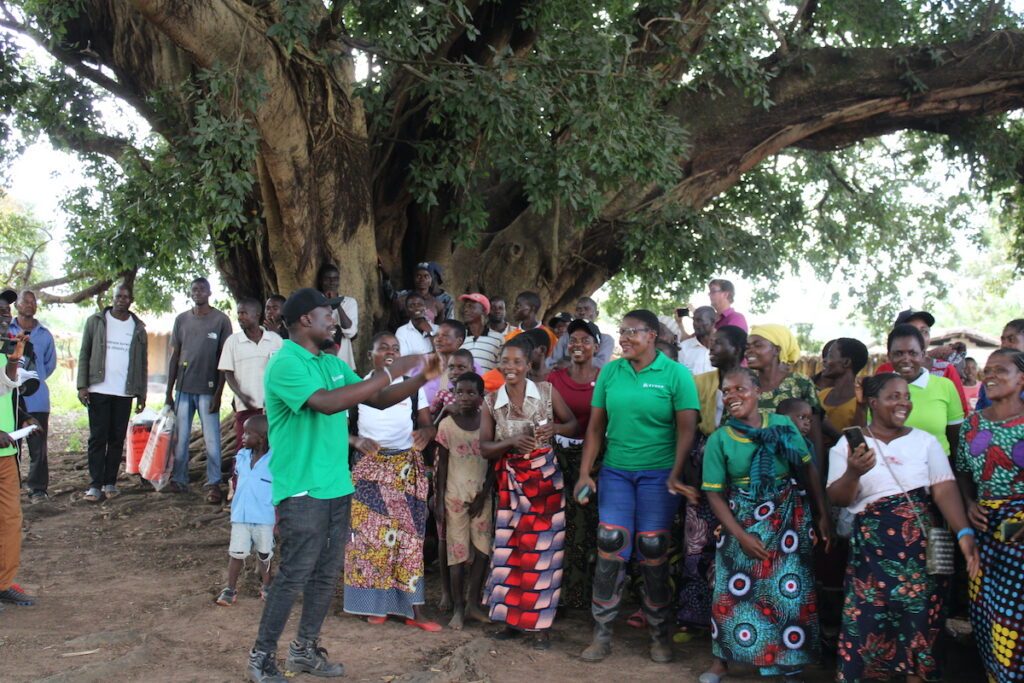
Sustainable smallholder agriculture
In 2023, Solidaridad Southern Africa saw progress as it innovatively advanced sustainable smallholder agriculture. This included ongoing advocacy through the RECLAIM Sustainability! programme, the Pathways to Prosperity programme launch, and full implementation of the Bill & Melinda Gates funded Kvuno initiative in Malawi, Mozambique, and Zambia. Malawi emerged as a focal country, benefiting from increased resources, resulting in a 205 percent increase in supported farmers.
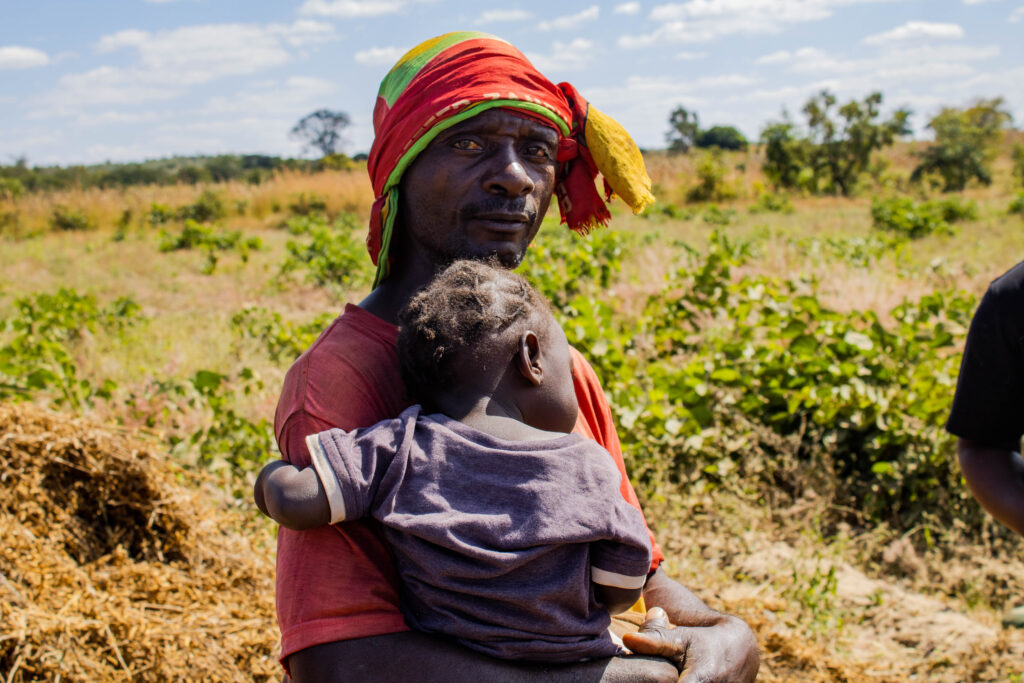
Digital solutions
The Southern Africa team managed to enhance dialogues on policy issues affecting the cotton, tea and Africa foods supply chains and initiate the implementation of a good practices standard in Mozambique. Kitovu, our digital technology hub, continues to design, test and deploy digital solutions across sub-Saharan Africa.
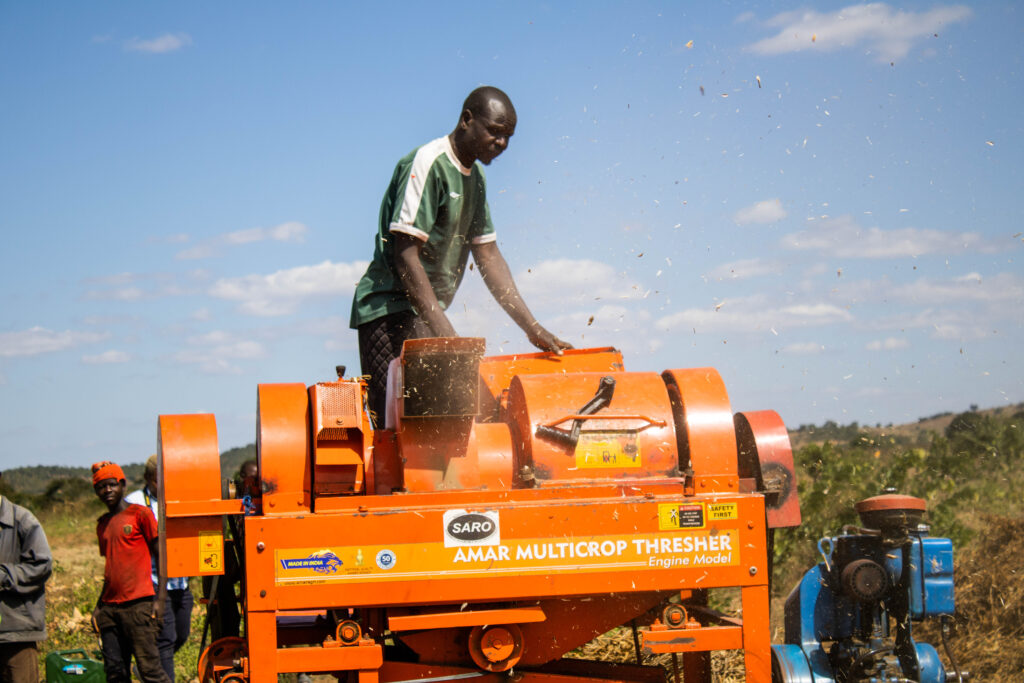
Moving toward our vision
In 2021 we continued with our holistic approach that supports smallholder farmers through every step of the value chain. With more farmers trained in climate-smart practices, and greater resources on the market and policy level, we’re moving closer to our vision of a fair and sustainable supply chain.
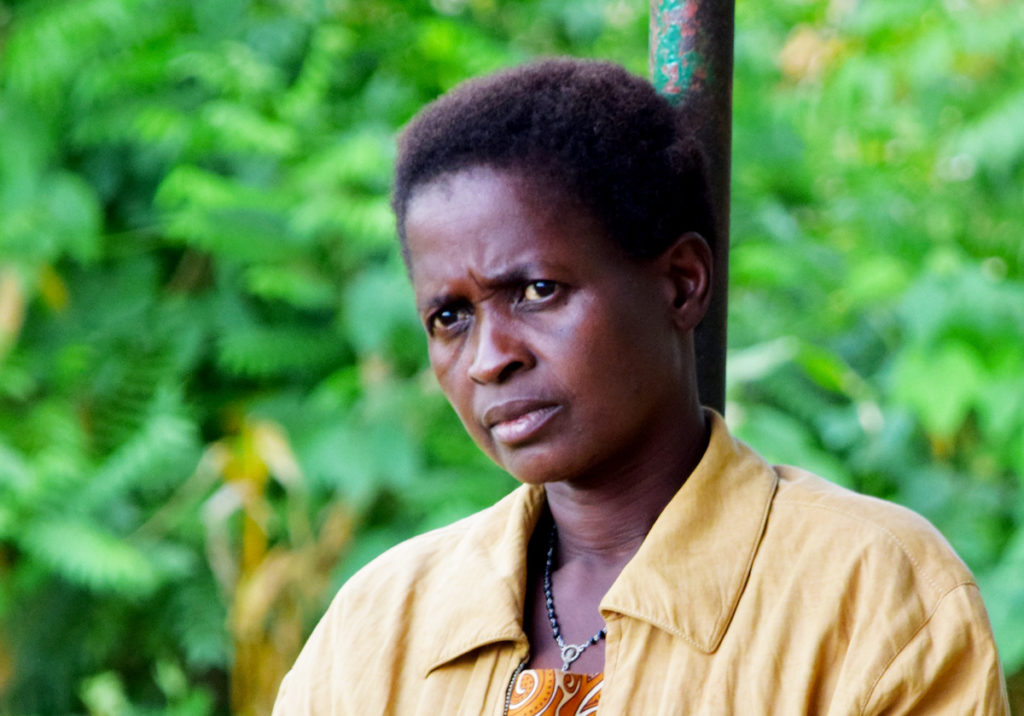
Tangible impact
Through the Practice for Change project, more than 36,000 smallholder farmers were supported to adopt good agricultural practices, while the LI-SAF project helped to bring over 60,000 hectares under sustainable management. Direct training for producers was complemented by policy work that engaged 145 stakeholders across 16 multi-stakeholder platforms, and 20 civil society organizations with capacity building and advocacy.
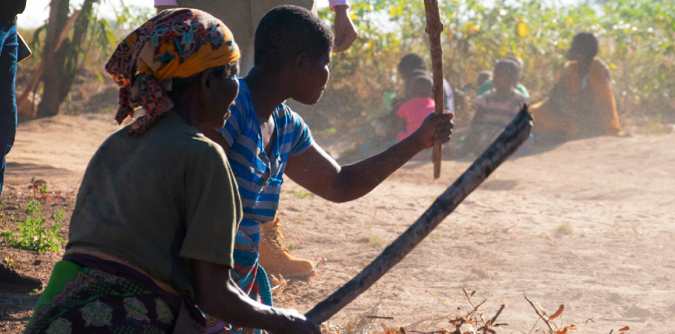
A new vision
We helped craft a new continental vision for Africa, and convened a dialogue on environmental, social, and economic sustainability. Implementation initiatives continued on the ground, while political turmoil and climate change-related events devastated smallholder farmers’ livelihoods. We brought more than triple our target of land under good agricultural practices, worked with the FAO and internal partners to rebuild lives after Cyclone Idai, and grew our gender-inclusive Soy programme.

Exploring opportunities
Southern Africa is a food-importing region and imports have been growing in recent years due to economic growth. Expansion of the middle and upper classes in Africa will continue and it presents a huge opportunity for local farmers and entrepreneurs. Linking the economic growth of the cities to opportunities in rural Africa is a major challenge for the years ahead. Solidaridad Southern Africa is exploring how to make the most of this opportunity.

A strong position
Solidaridad Southern Africa has experienced an exciting year of learning and growth. The team has expanded, which has improved its expertise of critical innovation areas. A number of programmes were concluded in 2017 and this provided great opportunity for reflection. Going forward, Solidaridad is well-poised to take its strengthened team, new insights and learning, and embark on programmes in key commodities across the region.

Smallholder inclusion
Climate change had devastating effects on the region with Southern Africa experiencing its second rain-scarce season, leaving over 29 million people food insecure. With the majority of these populations living in rural areas and reliant on natural resources, addressing climate change through the inclusion of smallholder farmers and promotion of sustainable agriculture practices is at the forefront of Solidaridad’s mission.

Navigating challenges
Solidaridad Southern Africa had a very interesting and challenging year. There was a major internal change at senior management level while external economic, environmental and sociopolitical conditions were rapidly changing in the focus countries. These changes were driven by the shifts in global markets and the effects of climate change. Solidaridad continued its work in the cotton, fruits, vegetables, livestock, sugarcane and soy sectors.

Regional Programmes
Change that matters with partners who care. Find out what we can achieve together.
Get in touch
Want to know more about our work in Southern Africa? Get in touch with our team.
View Larger Map
1st Floor, 25 Sturdee Avenue
Rosebank, 2196
Johannesburg
South Africa
+27 (0) 11 591 1200
Souther Africa
1st Floor, 25 Sturdee Avenue
Rosebank, 2196
Johannesburg, South Africa
+502 2366 6565
infosaf@solidaridadnetwork.org
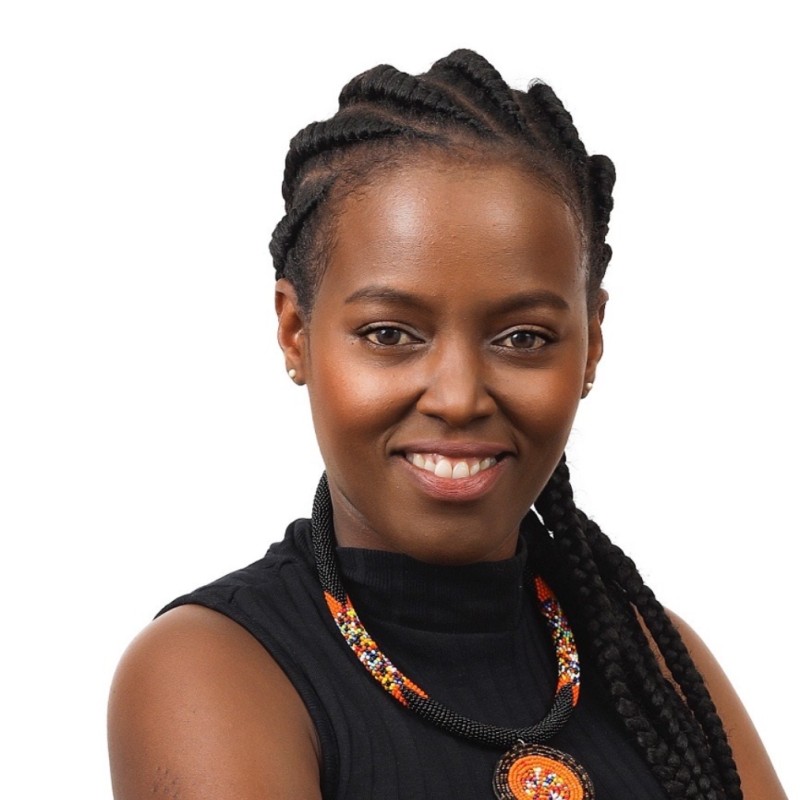
Phindiwe Nkosi
Communications Manager
Phindiwe.nkosi@solidaridadnetwork.org
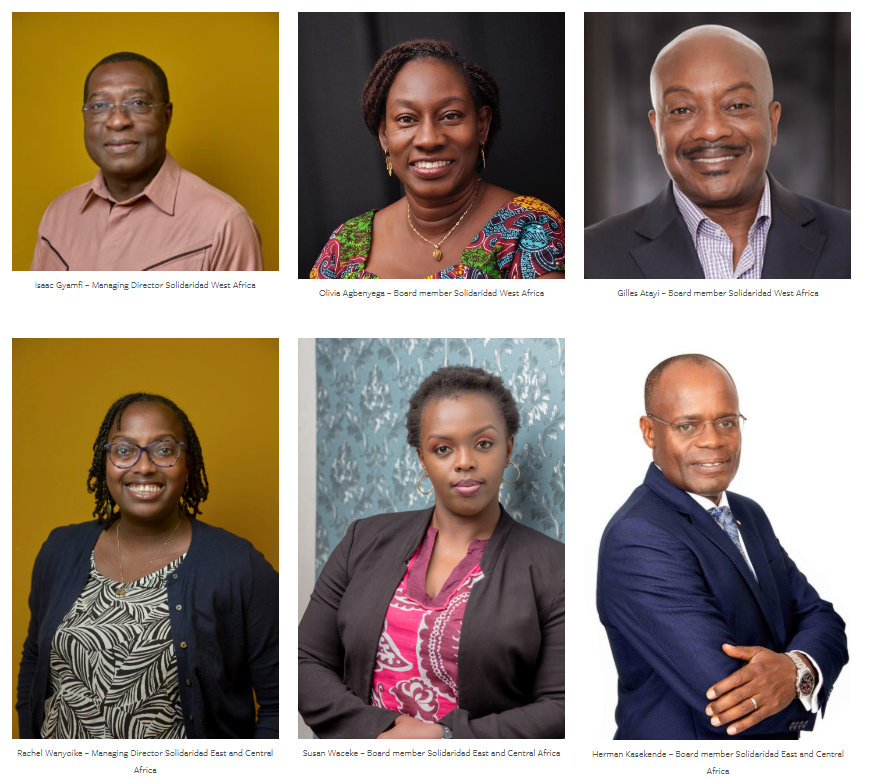
Continental Supervisory Board
AFRICA
Top row, left to right: Isaac Gyamfi, Olivia Agbenyega, Gilles Attaye
Bottom row, left to right: Rachel Wanyoike, Susan Wacheke, Herman Kasekende









